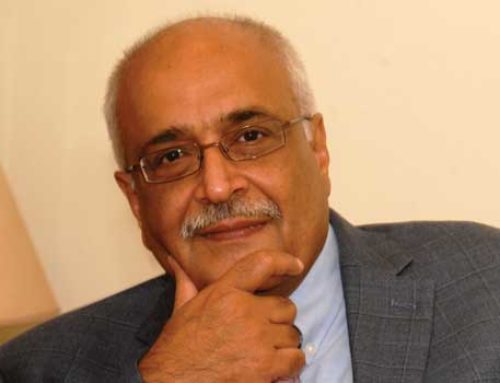Manzoor Ahmed
The opening words of an education blog posted under the auspices of UNESCO Global Education Monitoring report concludes that the new version of textbooks from grade one to grade ten display a deliberate move to give the content a religious if not communal slant. (See Global Education Blog, 8 February, 2017).
It goes on: Bangladesh has always had separate religious books in schools for followers of different faiths, and textbooks for other disciplines have always been secular. This year, however, the new text books, even those that are not related to religious studies, have been tailored to please religious groups. First graders now learn that ‘O’ is for ‘orna’, a type of scarf worn by girls and women, rather than for ‘ol’, a type of yam, for instance. In addition, 17 poems have been removed, which local media has reported, at the request of a group -Hefazat-e-Islam – who reportedly told the government those were ‘atheistic’.
It further adds: Some commentators believe the changes in Bangladesh’s books might have a political motive, given that the next general election is in 2019, and pleasing these groups could win over a particular electorate. The government has been quick to say this is not the case.
The blog refers to the GEM Policy paper on textbooks published last year. The paper had pointed out that textbooks can easily breed and reinforce intolerance, prejudice and discrimination. “In 16 countries in Europe and North America, for example, 50 percent to 75 percent of all coverage of Islam and Arab societies in world history secondary school textbooks is related to conflict, nationalism, extremism or terrorism, representing these societies as violent and unstable,” the policy paper noted.
What should be a matter of concern for Bangladesh policy makers is that the recent incidents in Bangladesh are cited as an example of the bigotry and distorted views seen in text books in many countries. The Blog’s concluding words warn, “ This story reveals… that monitoring education progress cannot rely on access data alone… there is an urgent need to monitor the content of education if we are to ensure that education is promoting sustainable development.”
As part of the Ekushey Book Fair, Bangla Academy hosted a public discussion on education and social progress on February 20. This writer was invited to present the main paper. Professor Emeritus Sirajul Islam Chowdhury was in the chair, while the discussants included Prof. Abdul Mannan, UGC Chairman; Prof. Harunur Rashid, Vice-Chancellor of the National University; and Rasheda K. Chowdhury, Executive Director of CAMPE.
I drew attention to the fact that the first education commission of independent Bangladesh, the Kudrat-e- Khuda Commission, had made a distinction between learning about religion and religion-based education.
The Commission never envisaged a parallel religion-based system of education from pre-primary to university, supported by the state revenue along with the secular system. We have strayed far from the premises of the Khuda Commission.
It is hardly discussed, and not a politically correct question to ask, whether the state should support a faith-based system of education; and if it does, what proportions of students, institutions and public budget for this parallel system should be compared to the secular system. The madrasa proponents have already raised the logical demand for a full parity with the secular system claiming access to public service jobs for madrasa graduates. Soon there may even be a demand for quotas for madrasa graduates.
Let’s not forget that the madrasas supported by public funds and the quomi madrasas run with charity raised at home and abroad prospered since the military rulers assumed power in 1975. The irony is that once the genie was out of the bottle, even the elected governments found it impossible to put it back.
The discussants and the chair at the Ekushey forum agreed that it would be a dangerous game to appease religious extremists out of short-sighted political calculation. The characterisation of the Bangladesh textbooks in the GEM blog may not be entirely fair. But it would be quite fair to say what happened with the textbooks recently is not acceptable and must not be allowed to be repeated.
The writer is Professor Emeritus at BRAC University.
[:]






